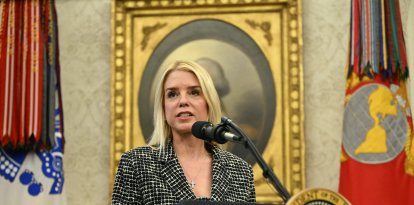Federal judge orders DOGE to release all of its operating records
The decision represents a major blow to both the agency and the Trump Administration, which has been trying to drastically reduce the size of government through massive layoffs and the dismantling of numerous agencies.

Musk acquired X (then Twitter) in October 2022/ Bartosz Siedlik
The U.S. District Judge Christopher Cooper on Monday ordered the entire staff of the Department of Government Efficiency (DOGE), which was created by President Donald Trump and is headed by South African tycoon Elon Musk, to release every single record related to his operations, as Cooper believes they have been conducted with "unusual secrecy."
The decision represents a major blow to both the agency and the Trump administration, which has been trying not only to drastically reduce the size of government through massive layoffs and the dismantling of numerous agencies around the country but also to determine exactly where taxpayer money has been being spent over the past few years.
"Unusual secrecy"
On the other hand, the federal judge's order is a real triumph for the government watchdog organization Citizens for Responsibility and Ethics (CREW), as Cooper's decision determines that the DOGE can be considered a U.S. agency subject to the Freedom of Information Act, also known as FOIA. Such determination also comes as a blow to both Trump and the agency, taking into account that in recent days the Republican Administration had argued that the DOGE could not be subject to FOIA since the agency is part of the Executive Office of the President.
The federal judge, who was appointed by former President Barack Obama during his administration, noted in his order that the DOGE was exercising a "substantial independent authority" and considerably superior to that of other components, which are generally exempt from FOIA requirements, which is a law that gives the public full permission to access previously unreleased government records.
Cooper also explained that the agency "appears to have the power not just to evaluate federal programs but to drastically reshape and even eliminate them wholesale," a fact that, according to the judge, the DOGE refused to refute. Similarly, Cooper argued that all of the agency's "operations thus far have been marked by unusual secrecy," citing both its employees' use of the encrypted Signal application to communicate, and the refusal of those employees to identify themselves to career officials.
RECOMMENDATION




















